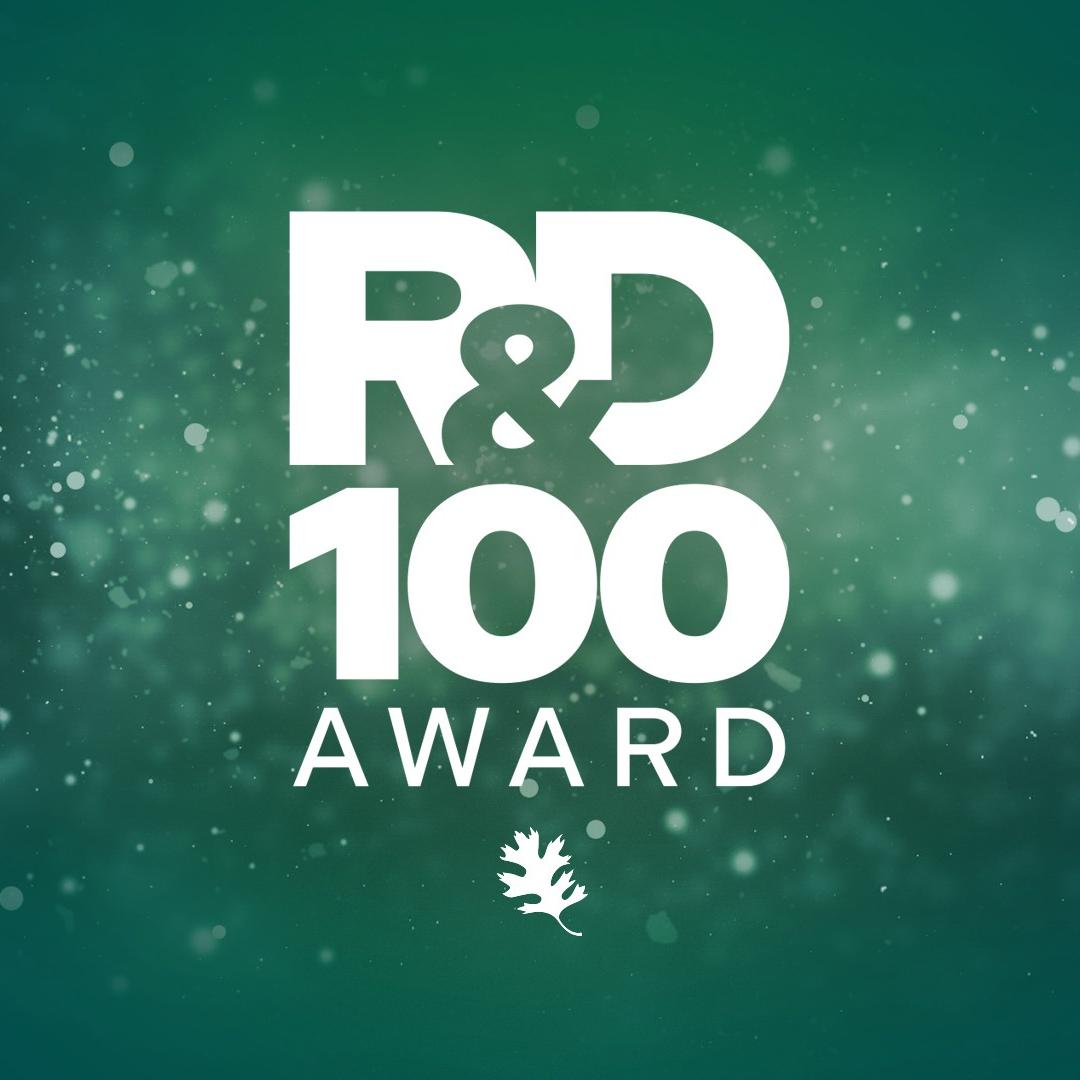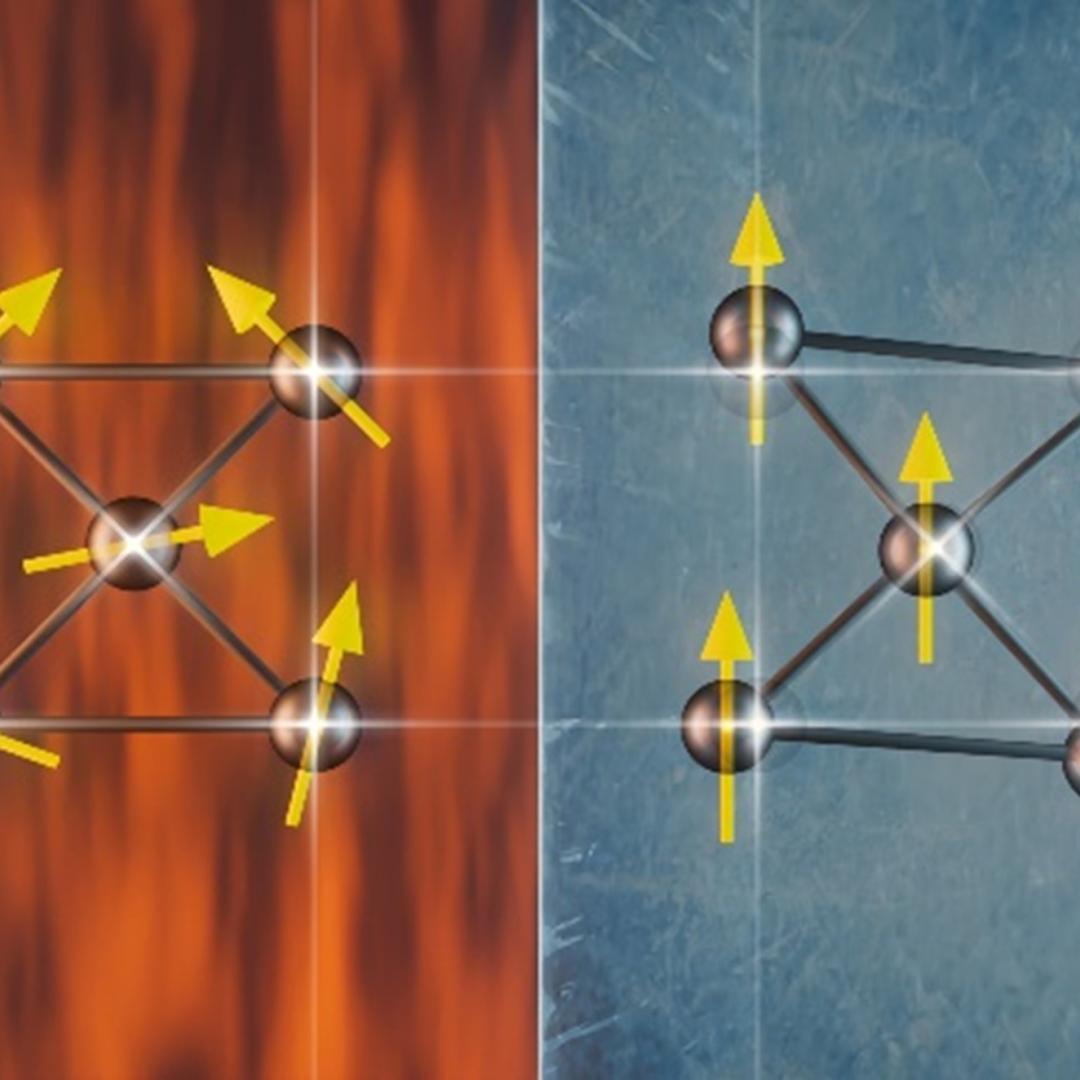
Filter News
Area of Research
- Advanced Manufacturing (22)
- Biology and Environment (84)
- Building Technologies (4)
- Clean Energy (116)
- Climate and Environmental Systems (1)
- Computational Biology (2)
- Computer Science (1)
- Electricity and Smart Grid (1)
- Functional Materials for Energy (1)
- Fusion and Fission (6)
- Fusion Energy (2)
- Materials (30)
- Materials for Computing (5)
- National Security (9)
- Neutron Science (11)
- Nuclear Science and Technology (4)
- Supercomputing (46)
News Topics
- (-) 3-D Printing/Advanced Manufacturing (125)
- (-) Biology (100)
- (-) Buildings (59)
- (-) Frontier (44)
- Advanced Reactors (34)
- Artificial Intelligence (95)
- Big Data (58)
- Bioenergy (92)
- Biomedical (59)
- Biotechnology (23)
- Chemical Sciences (69)
- Clean Water (30)
- Climate Change (103)
- Composites (29)
- Computer Science (194)
- Coronavirus (46)
- Critical Materials (29)
- Cybersecurity (35)
- Decarbonization (81)
- Education (4)
- Element Discovery (1)
- Emergency (2)
- Energy Storage (111)
- Environment (198)
- Exascale Computing (39)
- Fossil Energy (6)
- Fusion (55)
- Grid (65)
- High-Performance Computing (88)
- Hydropower (11)
- Irradiation (3)
- Isotopes (54)
- ITER (7)
- Machine Learning (48)
- Materials (145)
- Materials Science (144)
- Mathematics (9)
- Mercury (12)
- Microelectronics (4)
- Microscopy (51)
- Molten Salt (8)
- Nanotechnology (60)
- National Security (68)
- Net Zero (14)
- Neutron Science (133)
- Nuclear Energy (110)
- Partnerships (49)
- Physics (63)
- Polymers (33)
- Quantum Computing (35)
- Quantum Science (70)
- Renewable Energy (2)
- Security (24)
- Simulation (49)
- Software (1)
- Space Exploration (25)
- Statistics (3)
- Summit (59)
- Sustainable Energy (129)
- Transformational Challenge Reactor (7)
- Transportation (97)
Media Contacts
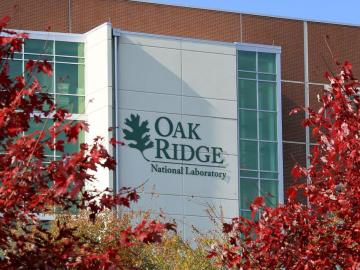
The Society of Manufacturing Engineers has honored three Oak Ridge National Laboratory researchers with the 2024 SME Susan Smyth Outstanding Young Manufacturing Engineer Award.
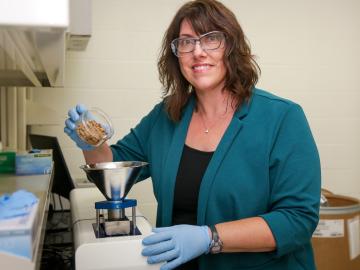
ORNL’s Erin Webb is co-leading a new Circular Bioeconomy Systems Convergent Research Initiative focused on advancing production and use of renewable carbon from Tennessee to meet societal needs.
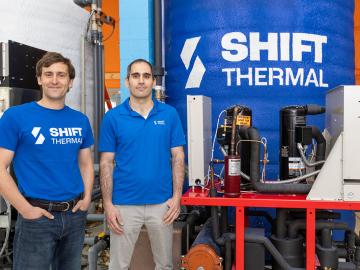
Shift Thermal, a member of Innovation Crossroads’ first cohort of fellows, is commercializing advanced ice thermal energy storage for HVAC, shifting the cooling process to be more sustainable, cost-effective and resilient. Shift Thermal wants to enable a lower-cost, more-efficient thermal energy storage method to provide long-duration resilient cooling when the electric grid is down.
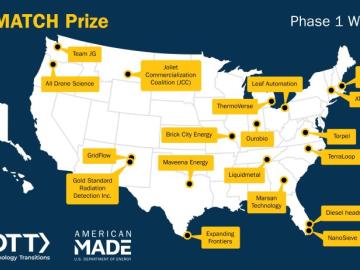
Three ORNL intellectual property projects with industry partners have advanced in DOE's Office of Technology Transitions Making Advanced Technology Commercialization Harmonized, or Lab MATCH, prize, which encourages entrepreneurs to find actionable pathways that bring lab-developed intellectual property to market.
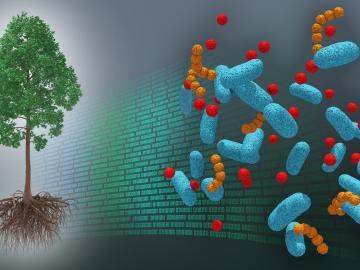
A first-ever dataset bridging molecular information about the poplar tree microbiome to ecosystem-level processes has been released by a team of DOE scientists led by ORNL. The project aims to inform research regarding how natural systems function, their vulnerability to a changing climate and ultimately how plants might be engineered for better performance as sources of bioenergy and natural carbon storage.

Scientists at ORNL have developed 3-D-printed collimator techniques that can be used to custom design collimators that better filter out noise during different types of neutron scattering experiments
ORNL scientists have determined how to avoid costly and potentially irreparable damage to large metallic parts fabricated through additive manufacturing, also known as 3D printing, that is caused by residual stress in the material.
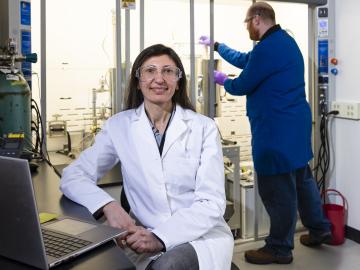
Canan Karakaya, a R&D Staff member in the Chemical Process Scale-Up group at ORNL, was inspired to become a chemical engineer after she experienced a magical transformation that turned ammonia gas into ammonium nitrate, turning a liquid into white flakes gently floating through the air.
The United States could triple its current bioeconomy by producing more than 1 billion tons per year of plant-based biomass for renewable fuels, while meeting projected demands for food, feed, fiber, conventional forest products and exports, according to the DOE’s latest Billion-Ton Report led by ORNL.

Although he built his career around buildings, Fengqi “Frank” Li likes to break down walls. Li was trained as an architect, but he doesn’t box himself in. Currently he is working as a computational developer at ORNL. But Li considers himself a designer. To him, that’s less a box than a plane – a landscape scattered with ideas, like destinations on a map that can be connected in different ways.


